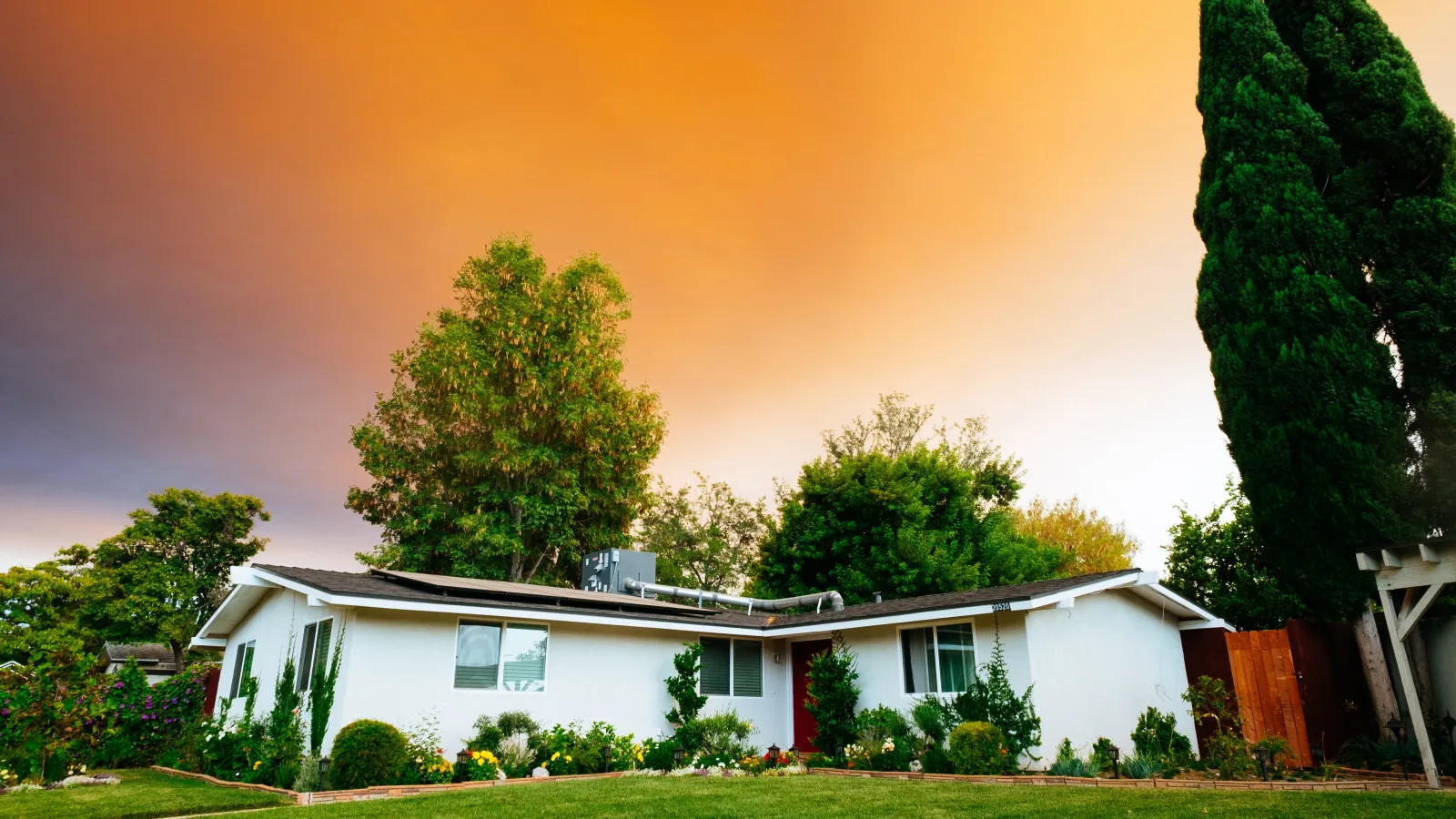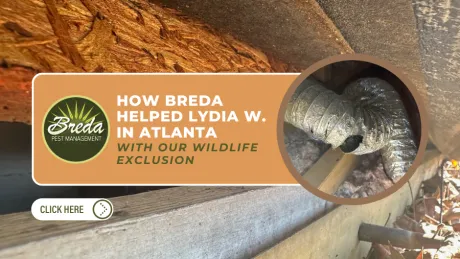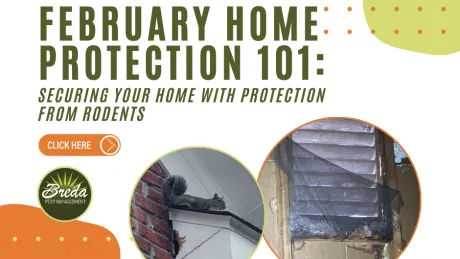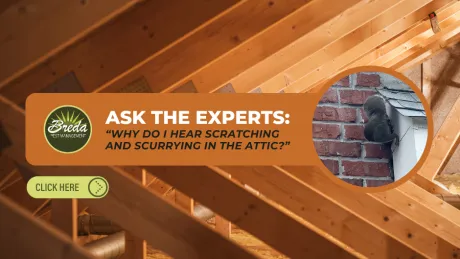Many people use the terms bee, wasp and hornet interchangeably to define any insect that flies around and has the ability to deliver a painful sting. However, they are actually three very different types of insects and if you want to learn how to peacefully coexist with them, it's important to understand the differences.
How to Tell Bees, Wasps, and Hornets Apart
If you are unsure of how to tell bees, wasps or hornets apart - have no fear. Your friends at Breda Pest Management have you covered.
- Bees: Bees are the smallest of the three and are usually furry and round in shape. They are typically gentle in nature and will ignore people unless they, or their hive, are directly provoked. Bees are prevalent from early spring into the fall and are usually found drawing nectar from flowers.
- Wasps: At a little less than an inch in length, wasps are both slightly larger in size (1 inch or less) and more slender than bees. They have no hair and their shape allows them to fly faster. It is important to know that they are highly aggressive to anything in their vicinity. Wasps come out in late summer and feed on insects, sugary drinks, and food waste. Wasps are usually yellow and black in color. Common wasps in Georgia are yellow jackets and paper wasps.
- Hornets: Similar to wasps, hornets are slender, fast fliers who come in at just over an inch in size and with minimal hair. Hornets are actually a kind of wasp and the two are often confused. Hornets are bigger than wasps and are usually black or red in color. Hornets aren't as aggressive as wasps but can deliver a painful bite and sting when provoked. They feed mainly on insects and are common in more natural areas during the summer months. Common hornets are the bald faced hornet and the European hornet.
Do Bees, Wasps, and Hornets Actually Serve a Purpose?
While it may be your gut instinct to eliminate any sign of these insects in and around your home, know that they do have a purpose. Bees are a huge factor in both agriculture and the environment. In general, they are one of the most important pollinators of plants.As for wasps and hornets, it is their job to keep other insect populations in check including some that damage agricultural plants and even others that annoy humans.
What to Do About Bees, Wasps, and Hornets
The best ways to control bees, wasps and hornets is to eliminate food sources near your home. For bees, this means not planting flowers in areas of your yard that you want to use during the summer. As for wasps and hornets, try keeping sources of sugar and food waste secured and eliminate standing water that could attract the insects they feed on.To remove a bee hive, ask around for a local beekeeper who will be happy to adopt them. Small wasp and hornet nests can be treated with commercially-available sprays.If you need professional assistance dealing with bees, wasps, hornets or other insects, contact Breda Pest Management today.



